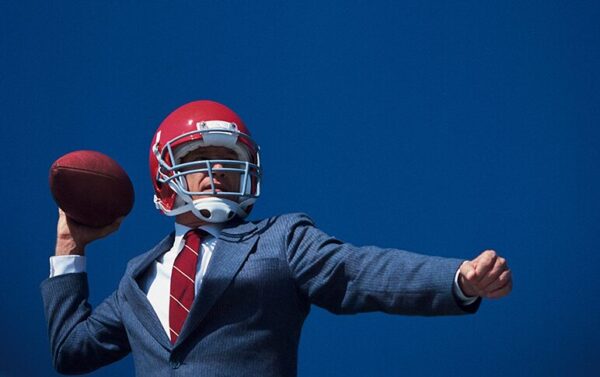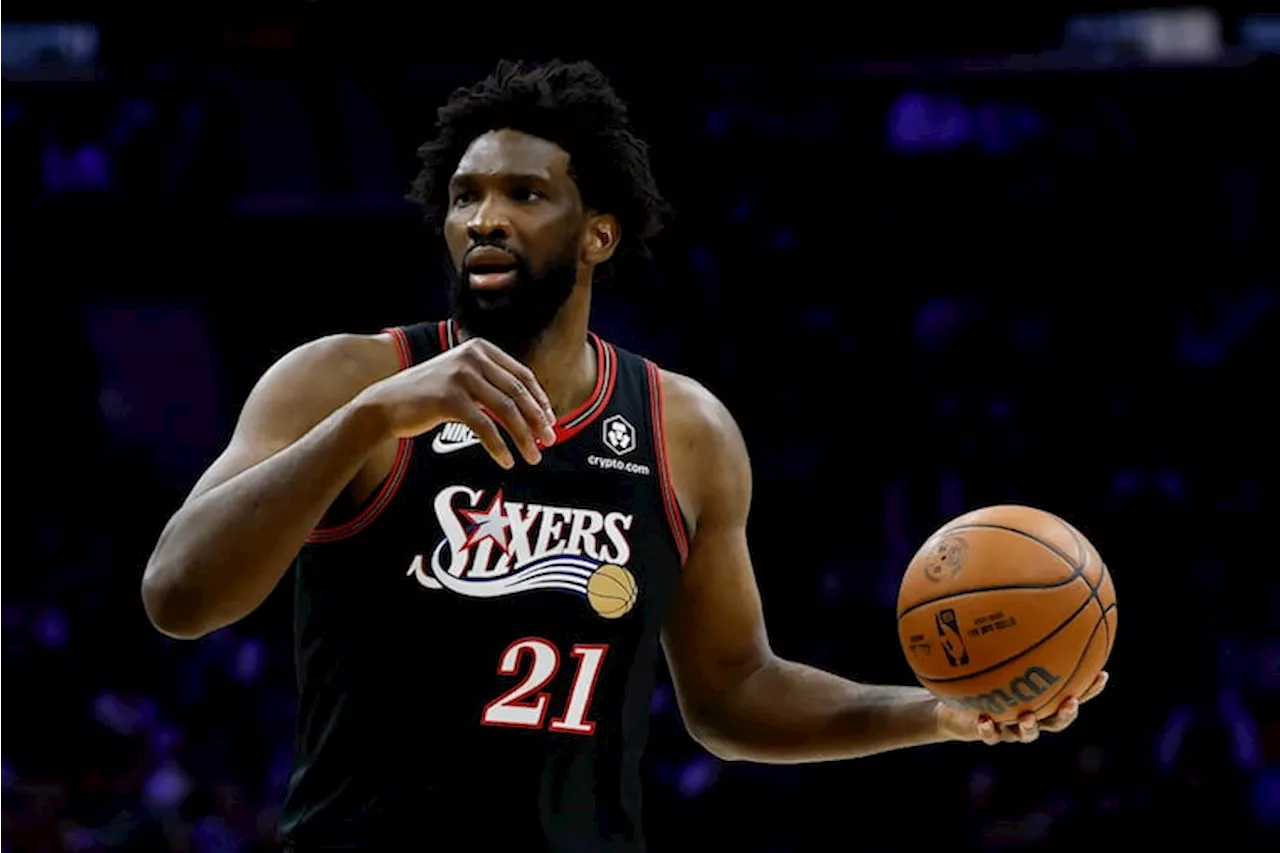Quarterbacks in the National Football League (NFL) are often evaluated based on their physical abilities, including arm strength and agility. However, a crucial factor that distinguishes the great quarterbacks from the rest is their mental strength. The ability to maintain composure under pressure, recover from mistakes, and make rapid decisions can significantly influence a team’s success on the field.
The Importance of Mental Strength
In a sport characterized by its fast pace and high stakes, mental fortitude is essential. Top quarterbacks excel at reading defenses, making split-second decisions, and executing plays within mere seconds. This mental edge transforms potential into tangible victories. Without the ability to handle pressure, even the most physically gifted players can struggle. The NFL is unforgiving, and players must stabilize their thoughts and emotions to lead effectively.
Mental strength becomes particularly vital during challenging moments in a game. When the pocket collapses, or a play does not unfold as planned, the best quarterbacks do not falter. They draw on their training and instinct, trusting their preparation to make the best possible choice, even amidst chaos.
Making Split-Second Decisions
Every play in football presents a unique gamble. Quarterbacks must absorb information from the defense, survey the field, and select a target almost instantaneously. This rapid assessment mirrors decision-making scenarios found in various high-pressure environments, including online gaming platforms. Success in these settings often hinges on impulse control, pattern recognition, and the ability to remain calm under pressure.
Quarterbacks dedicate countless hours to studying game footage, memorizing playbooks, and practicing drills until their responses become instinctual. Despite this preparation, unexpected challenges may arise during games, such as defensive blitzes or unanticipated player actions. In those crucial seconds, mental resilience allows quarterbacks to remain focused, trust their training, and respond appropriately.
A critical aspect of a quarterback’s mental game is their ability to bounce back from mistakes. Interceptions, overthrows, and fumbles are part of the sport. Yet, the most effective quarterbacks understand that recovery is key. They adopt a method to reset their mindset: taking a deep breath, recognizing what went wrong, learning from it, and then moving forward. As Tom Brady emphasizes, it is essential not to let one mistake lead to another.
When a quarterback maintains composure after a setback, this steadiness reverberates throughout the team. A calm leader instills confidence in teammates, encouraging them to play with conviction even in high-pressure situations.
Reading the Field and Adapting
Quarterbacks are not merely throwing the ball; they are solving a dynamic puzzle that constantly shifts. Each defense has its vulnerabilities, and the quarterback’s role is to identify these openings before they vanish. This requires exceptional pattern recognition skills: noting subtle shifts in the defense, such as a safety rotating late or a cornerback positioning themselves for an anticipated route.
Success hinges on trust—trust in one’s eyes, memory, and instincts. However, when the defense presents an unexpected formation, the quarterback must quickly adapt. This may involve changing the play call, adjusting protections, or modifying routes. Thus, mental strength includes the ability to think on one’s feet, ensuring the quarterback does not become paralyzed by uncertainty.
Leadership is another integral component of a quarterback’s role. During critical moments—when the team faces adversity and the clock ticks down—the quarterback becomes the focal point. Team members look to their leader not only for tactical guidance but also for emotional support. The quarterback’s mental clarity manifests as calm communication, providing reassurance to the huddle and reinforcing the belief that victory is still within reach.
Confidence is contagious. A composed quarterback inspires the offensive line to protect more fiercely, motivates receivers to execute routes with precision, and energizes the defense to stay resolute. Leadership under pressure is characterized not by grand speeches, but by consistent composure and poise.
Building Resilience Beyond the Game
Mental toughness is cultivated beyond the field, often through daily routines that prioritize focus and well-being. Elite quarterbacks recognize that sleep and nutrition are not merely health choices but essential components of their performance. Many athletes collaborate with sports psychologists or mental performance coaches to refine their mental skills.
These professionals introduce techniques such as breathing exercises to help players manage anxiety before critical drives. Visualization practices allow quarterbacks to mentally rehearse various scenarios, enhancing their confidence when faced with game-time challenges.
In conclusion, while physical prowess is a vital aspect of a quarterback’s role in the NFL, mental strength stands as the defining quality that can turn talent into triumph. As the league continues to evolve, the emphasis on developing mental resilience will be paramount for aspiring quarterbacks aiming for success at the highest level.







